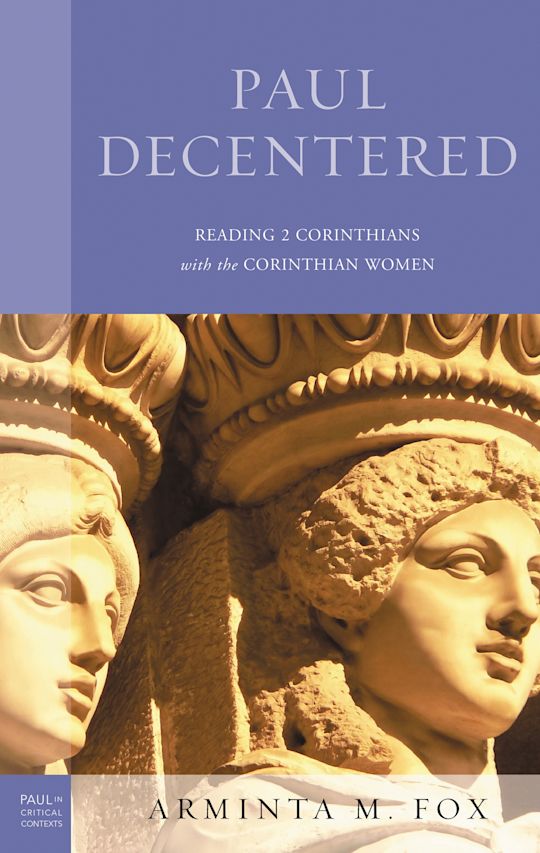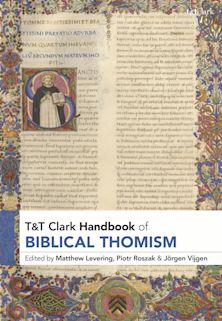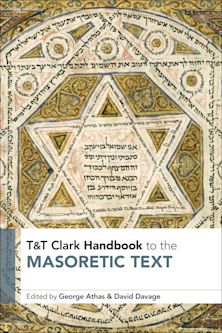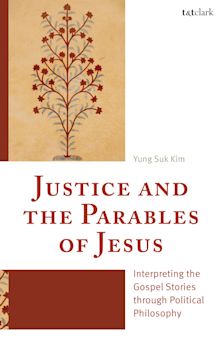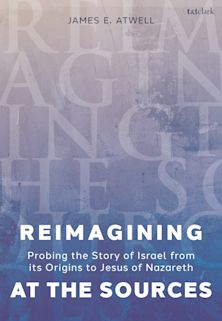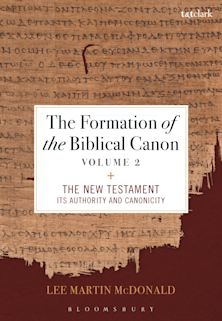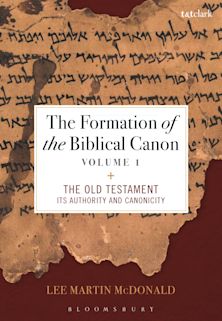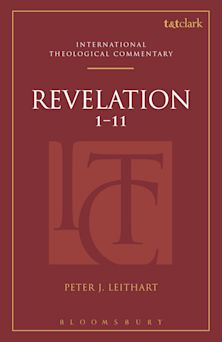- Home
- ACADEMIC
- Biblical Studies
- Biblical Interpretation
- Paul Decentered
Paul Decentered
Reading 2 Corinthians with the Corinthian Women
Paul Decentered
Reading 2 Corinthians with the Corinthian Women
You must sign in to add this item to your wishlist. Please sign in or create an account
Description
This book argues that the presence of women in the Christ communities of first-century Corinth changes how 2 Corinthians should be interpreted. Using a feminist approach to interpret the text, Arminta M. Fox presents readings that are ethically and historically viable. She examines how questions of community identity and leadership are situated within broader discourses of power in the Roman imperial and patriarchal contexts of the first-century Mediterranean world. By assuming the dialogical presence of strong and diverse women leaders in the community, Fox develops counter-readings to ones that assume Paul's singular authority.
Table of Contents
Chapter 1 From Sources to Consequences in 2 Corinthians Scholarship
Chapter 2 Towards a Feminist Decolonizing Approach to 2 Corinthians
Chapter 3 Resisting the Divine Kyriarchy in 2 Cor. 1:1–2:13
Chapter 4 Making Room in 2 Cor. 2:14–7:4
Chapter 5 Strategic Giving in 2 Cor. 7–9
Chapter 6 The Rhetorical Grand Finale in 2 Cor. 10–13
Conclusion: Continuing the Conversation
Product details
| Published | Dec 02 2019 |
|---|---|
| Format | Ebook (Epub & Mobi) |
| Edition | 1st |
| Extent | 228 |
| ISBN | 9781978706378 |
| Imprint | Fortress Academic |
| Series | Paul in Critical Contexts |
| Publisher | Bloomsbury Publishing |
About the contributors
Reviews
-
The author of this exposition of 2 Corinthians proposes a reading of Paul's letter that is different from most standard interpretations. Employing a thorough feminist perspective, especially inspired bu the work of Elizabeth Schussler Fiorenza, Fox, assistant professor of religion at Bethany College, Kansas, "decenters" Paul's viewpoint and his claim to authority manifest in the letter and imagines how other voices such as women and Paul's opponents in the community might have responded to Paul's assertions. This is a creative approach that challenges the usual pattern of interpretation of Paul's theology as having its own normative role within the New Testament.
The Bible Today
-
Fox's clear prose, solid grasp of scholarship, and creative historical work are compelling and prompt readers to reconsider the normativity of Paul’s perspective and to envision the women of the Corinthian ekklesia as shaping, leading, and participating in the diverse and dynamic community of Christ followers in first-century Corinth. This book belongs on the shelf of any reader concerned with ethically and historically viable interpretations of Paul’s letters.
Interpretation: A Journal of Bible and Theology
-
This monograph is an important addition to the scholarship on 2 Corinthians. It presents fresh insights and opens new areas of exploration. F.’s examination of the rhetoric of the letter is nuanced, comprehensive, and compelling. The extent of her engagement with the scholarship and her thorough documentation are particular strengths of this study. In addition, F.’s creative use of the avatars encourages readers to consider how Corinthian women influenced Paul’s writing and may have reacted to it. She promotes multiple interpretations that have been overlooked in the scholarship. By reading 2 Corinthians with the Corinthian women, as the title suggests, F. has succeeded in decentering Paul and centering the Corinthian community.
The Catholic Biblical Quarterly
-
Paul Decentered: Reading 2 Corinthians with the Corinthian Women is an ambitious and creative work that breaks new exegetical, conceptual, and historical ground in Pauline studies in general and the interpretation of 2 Corinthians in particular. Creating a new theoretical space, this feminist reading of 2 Corinthians argues for a broader historical imagination in early Christian studies, a disciplined imagination that focuses on the recipients of Paul’s letter, the women of the Corinthian community. This book establishes Arminta Fox as an important new voice in the field.
Elisabeth Schüssler Fiorenza, Krister Stendahl Professor, Harvard Divinity School
-
The women of Corinth come alive again in Arminta M. Fox’s fabulous first book, Paul Decentered. Through a careful analysis of Paul’s claims and constructions in 2 Corinthians, Fox pushes past the letter’s views of modesty, subordination, benefaction, and authority, to imagine and examine alternative historical possibilities for the people beside Paul in the Corinthian assembly. Her feminist decolonizing and decentering approach evokes still other negotiations of these dynamics, demonstrating how four women avatars of the community – Tyche, Joanna, Chloe, and Phoebe – might have responded to, resisted, or simply lived differently than the arguments made in 2 Corinthians. From the moving ground of historical imagination, Fox constructs stirring visions of a vibrant ekklesia instead of a passive reflection of Pauline rhetorics. I will never read 2 Corinthians in the same way again!
Joseph A. Marchal, Ball State University

ONLINE RESOURCES
Bloomsbury Collections
This book is available on Bloomsbury Collections where your library has access.









